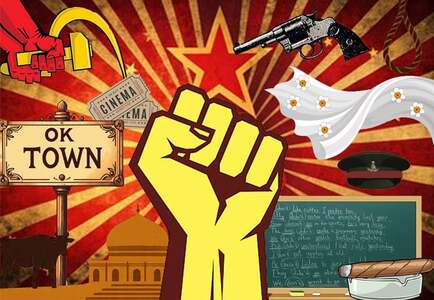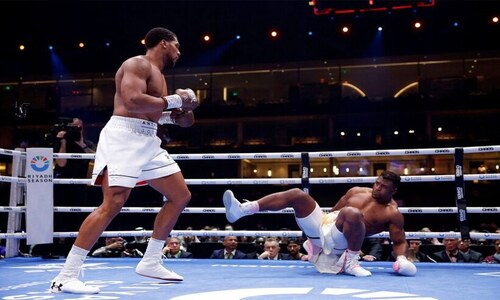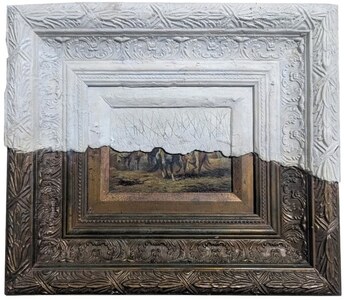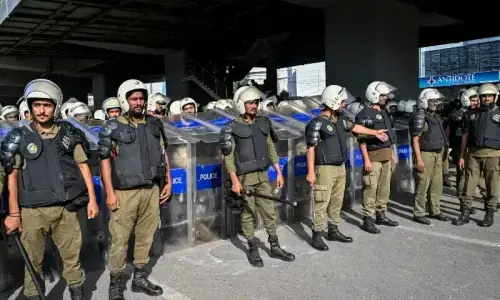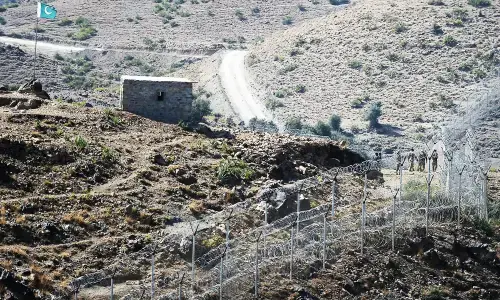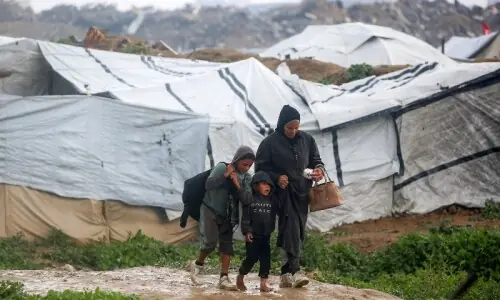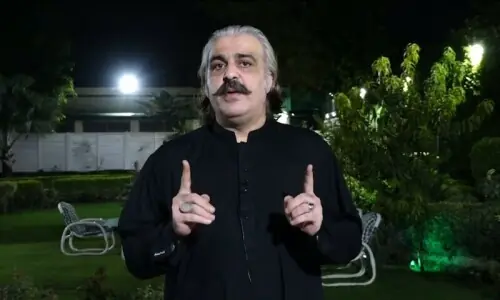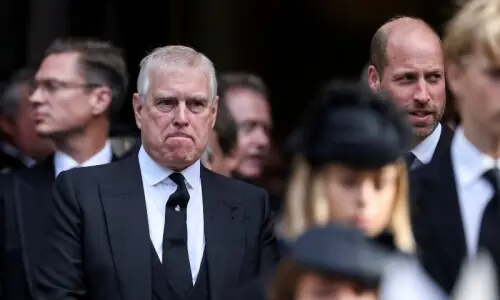Every four years, fans of the FIFA World Cup welcome the competition with open arms. Cheering for their teams they want to see their favourite players performing to the best of their ability. And while some do not disappoint their fans, others do.
Let’s take a trip down memory lane to look at the good, the bad and the ugly of eight previous World Cups to understand why the Europeans frown at Diego Maradona, how Zinedine Zidane and Ronaldo (the Brazilian one) had a change of fortunes in different World Cups and in which World Cup the referees became the bad guys … and why.
1986
Venue: Mexico
Champions: Argentina
Runners-up: West Germany
Hero: Diego Maradona (Argentina)
Villain: Diego Maradona (Argentina)
Golden Ball: Diego Maradona (Argentina)
Golden Boot: Gary Linekar (England) 6 goals
Summary: Argentina had dropped Maradona from the final World Cup squad way back in 1978 when they had won their first title. But eight years later, Maradona led Argentina to their second World Cup triumph, this time in Mexico. Why he is both the good and the bad of the 1986 edition depends on how you perceive the situation. Good for Argentineans all over the world because he helped his side defeat the English in the quarter-final when relations between the two countries were hostile due to political tensions. Bad because English fans believed that Maradona’s first goal against them was not a legitimate one as he used his hand instead of his head to score, something which Maradona termed as the ‘Hand of God’. Whatever the case, the second goal from the Argentinean skipper was enough to oust the former champions and help his side win the Cup.
Rarely has a football World Cup been devoid of controversy. Eos looks back at some of the players who made the competition memorable or controversial
1990
Venue: Italy
Champions: West Germany
Runners-up: Argentina
Hero: Lothar Matthäus (West Germany)
Villain: A half-fit Diego Maradona (Argentina)
Golden Ball: Salvatore Schillaci (Italy)
Golden Boot: Salvatore Schillaci (Italy) 6 goals

Summary: In what was one of the lowest-scoring World Cup finals, West Germany emerged as one of the better, though somewhat brutal, sides. They won the competition in a replay of the previous final (where Argentina had emerged the winners) and no one was happier than their skipper Lothar Matthäus who finally got to hold the trophy after two consecutive failures in 1982 and 1986 (when he was a player).
A half-fit Maradona could not be his team’s main attacker because of reduced pace and knee injuries. Germany, the team with more goals and brawlers, emerged the winners in perhaps one of the ugliest finals till 2014. The competition is also to be remembered for Roger Milla’s celebration dance for Cameroon and the emergence of Salvatore Schillaci who took both the ‘Golden’ awards in his first appearance in World Cup finals.
1994
Venue: United States of America
Champions: Brazil
Runners-up: Italy
Hero: Romário de Souza Faria (Brazil)
Villain: Roberto Baggio (Italy)
Golden Ball: Romário (Brazil) 5 goals
Golden Boot: Hristo Stoichkov (Bulgaria), Oleg Salenko (Russia) 6 goals
Summary: The Brazilian squad was in full command throughout the Cup thanks to their famed footballers led by Romário who was in supreme form. The ace striker had his hand in 10 of Brazil’s 11 goals.
With colourful supporters following them to the Northern part of the continent and Bebeto celebrating his kid’s birth by scoring a goal against Holland, USA ’94 remains one of the best World Cups in football history.

Not for Italian football hero Roberto Baggio though, whose final act in the competition was scooping the ball over the bar in what turned out to be the final moments in the grand finale. Baggio’s costly miss helped Brazil win their fourth World Cup and the Italians haven’t forgotten or forgiven him for the error.
1998
Venue: France
Champions: France
Runners-up: Brazil
Hero: Zinedine Zidane (France)
Villain: Ronaldo Luís Nazário de Lima (Brazil)
Golden Ball: Ronaldo Luís Nazário de Lima (Brazil)
Golden Boot: Davor Suker (Croatia) 6 goals
Summary: If Brazil was on top of the world in 1994, it hit rock bottom ahead of the final when their star footballer Ronaldo had a seizure. At first he was not even in the team sheet and was only included after the match started. After that, the defending champions seemed like a different team as they lost 0-3 to the host nation thanks to two goals by an emerging Zinedine Zidane, who was to become a villain a few finals later.
2002
Venue: Japan and South Korea
Champions: Brazil
Runners-up: Germany
Hero: Ronaldo (Brazil)
Villain: The Azzurri, Les Bleus
Golden Ball: Ronaldo (Brazil) 8 goals
Golden Boot: Oliver Kahn (Germany)
Summary: This was the first World Cup to be held in Asia and also the first in which the unified German team managed to reach the final. However, no team was a match for Ronaldo who led a fiery attacking Brazil featuring Roberto Carlos, Rivaldo, Jonathan Cafu and Ronaldinho.

Not only did he make up for the ‘fit’ that happened four years before, he also took the Golden Ball with eight goals. The villains this time around were defending champions France and former champions Italy, who crashed out of the competition in the very first round.
2006
Venue: Germany
Champions: Italy
Runners-up: France
Hero: Miroslav Klose (Germany)
Villain(s): Zinedine Zidane (France), Marco Materazzi (Italy)
Golden Ball: Zinedine Zidane (France)
Golden Boot: Miroslav Klose (Germany)
5 goals
Summary: Hosts Germany were tipped to win the competition, however, they bowed out in the semi-final after reaching the stage for a record 11th time. Their main striker Klose was a revelation as he scored five goals and helped his side qualify for the final four.
However, the incidents during the final took all the shine away from what could have been a great tournament as it brought curtains on the career of French great Zidane. The man who became one of the three players to score a goal in two World Cup finals was found guilty of head-butting Italian player Materazzi after a verbal spat in extra time. No one knows what went on between the two, but it was a sad end for a modern-day legend.
2010
Venue: South Africa
Champions: Spain
Runners-up: Netherlands
Heroes: Diego Forlán (Uruguay), Thomas Müller (Germany), David Villa (Spain), Wesley Sneijder (Netherlands)
Villains: The referees
Golden Ball: Diego Forlán (Uruguay)
Golden Boot: Thomas Müller (Germany) 5 goals
Summary: Although this World Cup became more famous for making the vuvuzela (plastic horn) popular, it is also remembered for controversial decisions made by the referee that could have shifted the match in favour of the affected side.
Both England and Mexico accepted the apology from FIFA’s President Sepp Blatter for it, but it came a little too late — a clear English goal was disallowed at the start of the match against Germany, while the Argentinean Carlos Tevez’s kick was allowed by the referee even when he was offside.
The tournament was dominated by young forwards and won by the Spaniards, who reached the final for the first time and came out as the only team to win the competition after losing their initial match. Despite 14 yellow cards in the final, it was an engrossing match where both the European sides had the opposition by the neck.
2014
Venue: Brazil
Champions: Germany
Runners-up: Argentina,
Heroes: Lionel Messi (Argentina),
Neymar Jr. (Brazil), James Rodriguez (Colombia), Mesut Özil (Germany)
Villain: Luis Suárez (Uruguay)
Golden Ball: Lionel Messi (Argentina)
Golden Boot: James Rodriguez (Colombia) 6 goals
Summary: All group winners advanced into the quarter-finals for the first time in 24 years. And Argentina and Germany (formerly West Germany) played each other in the final.
Also for the first time, Messi’s magic was visible in a World Cup final. His team couldn’t win the title but he was instrumental in his side’s ascent to the runners-up position where the Germans were brutal against their old rivals. Led by Müller and assisted by Özil, an experienced Klose and others, they were clinical throughout the competition as they downed hosts Brazil 7-1 in the semis.
However, the person who stole the thunder from all was Uruguayan striker Luis Suárez for his ‘unacceptable’ antics. He was first fined, later suspended for as many as nine matches, and was finally banned for four months following a biting incident. Yes, you read right — a biting incident that also involved Italian defender Giorgio Chiellini. The Court of Arbitration for Sport later allowed Suárez to participate in training and friendly matches for Barcelona, but the damage had been done.
The writer tweets @omair78
Published in Dawn, EOS, June 15th, 2018



